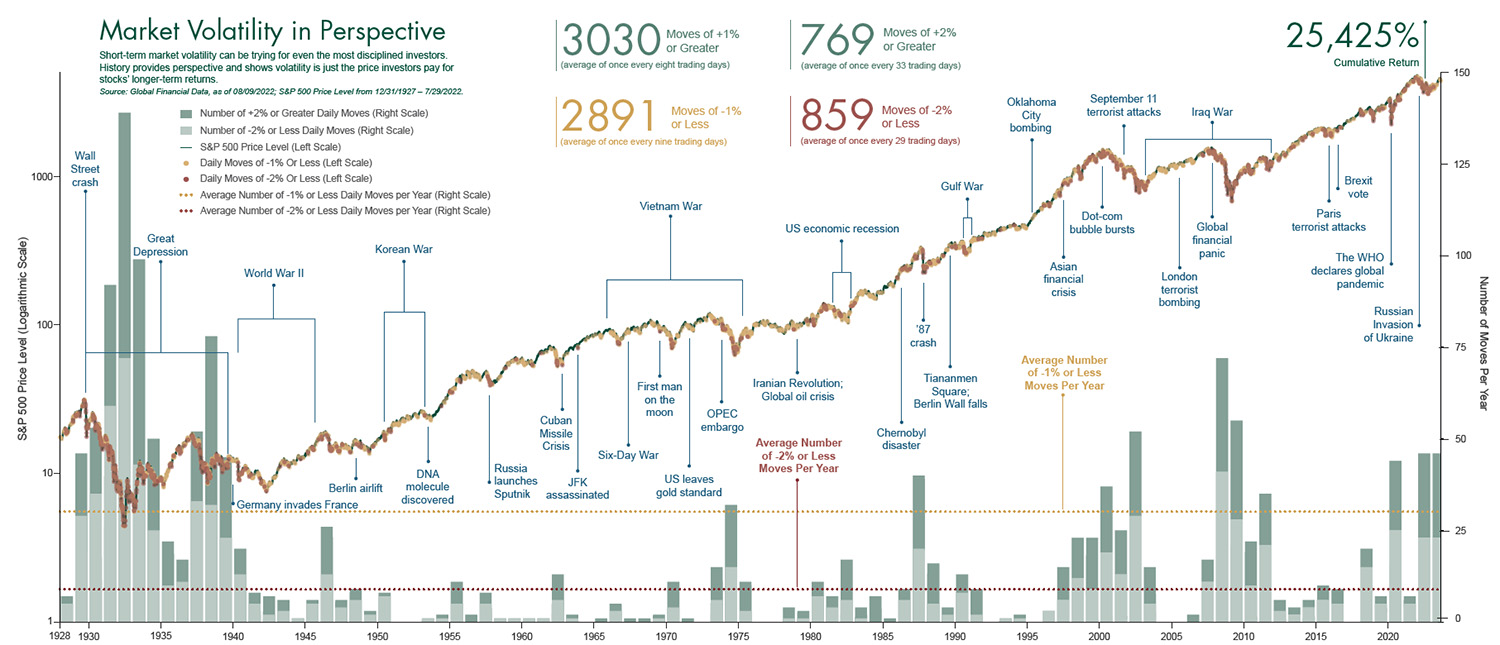Cryptomomen.com – In the realm of finance, the enigmatic rise of Bitcoin has sparked an intense debate regarding its legitimacy as a sound investment.
As the pioneer of cryptocurrency, Bitcoin boasts a decentralized and digital nature, captivating investors with the allure of anonymity and the potential for substantial returns.
Yet, amidst the hype and speculation, it is imperative to delve deeper into Bitcoin’s intrinsic value and assess its long-term viability. This article embarks on a comprehensive exploration of Bitcoin’s investment potential, examining its historical performance, underlying technology, regulatory landscape, and expert opinions.
By shedding light on the risks and rewards associated with Bitcoin, we aim to provide readers with an informed understanding to navigate the intricacies of this emerging asset class. Please continue reading to unravel the multifaceted nature of Bitcoin and its implications for investors.
Understanding Bitcoin’s Value Proposition
Bitcoin’s value proposition lies in its unique characteristics as a digital currency. Decentralized and independent of central authorities, it provides users with censorship resistance and control over their own finances. Bitcoin’s limited supply and high liquidity make it scarce and desirable among investors.
As a store of value, it offers potential protection against inflation and economic uncertainty. Furthermore, its potential as a global payment system transcends borders, lowering transaction costs and facilitating cross-border trade.
Bitcoin’s decentralized nature and scarcity, coupled with its growing acceptance and utility, provide a compelling value proposition for investors and users alike. “Bitcoin is a revolution in the way we think about money and finance.”
Thank you for visiting Cryptomomen.com
Decentralization

Decentralized cryptocurrencies like Bitcoin have gained immense popularity as an alternative investment. Their decentralized nature, operating through peer-to-peer networks without intermediaries, offers potential advantages such as increased security, transparency, and accessibility.
Investing in Bitcoin involves thorough research, considering factors like market volatility, regulatory frameworks, and individual risk tolerance.
While it can potentially generate significant returns, it’s crucial to approach investments with caution, diversify portfolios, and seek professional advice when needed.
Limited Supply
Bitcoin’s limited supply of 21 million coins is a fundamental factor driving its value. The scarcity of bitcoin makes it a more attractive asset for investors seeking a store of value, particularly in times of economic uncertainty.
Unlike fiat currencies, which can be printed indefinitely by central banks, bitcoin’s fixed supply creates a natural limit on its inflation rate.
Additionally, the halving events, which occur approximately every four years, reduce the block rewards for miners, further constricting the supply.
Questions:
- What is the maximum number of bitcoins that can be created? 21 million
- What event occurs every four years that reduces the block rewards for miners? Halving
Global Accessibility
The advent of Bitcoin has revolutionized the accessibility of financial investment worldwide. Unlike traditional fiat currencies, Bitcoin is decentralized and accessible to individuals in even the most remote regions with internet connectivity.
This has opened up unprecedented opportunities for individuals in emerging markets and underserved communities to participate in the global financial ecosystem.
Moreover, the anonymity and transparency provided by Bitcoin’s blockchain technology have further enhanced its appeal, attracting a diverse range of investors seeking an alternative to traditional financial institutions. As a result, Bitcoin has become a truly global investment vehicle, fostering financial inclusion and empowering individuals across the globe.
Historical Performance and Price Volatility
Bitcoin, the leading cryptocurrency, has experienced significant price fluctuations over its decade-long history. Despite its volatility, Bitcoin has consistently outperformed traditional investments such as stocks and bonds. This paradoxical behavior has puzzled investors, highlighting the need for further research to understand Bitcoin’s long-term performance and investment potential.
Factors Influencing Bitcoin’s Value
A myriad of factors contribute to the determination of Bitcoin’s value, including the network’s hash rate, mining difficulty, supply and demand dynamics, regulatory shifts, and market sentiment.
The hash rate signifies the computational power of the Bitcoin network, influencing transaction processing times and security. Mining difficulty adjusts to maintain a consistent block creation time. Supply and demand play a crucial role, with limited supply and fluctuating demand affecting the price.
Regulatory changes, such as government bans or legitimization, can significantly impact its value. Finally, market sentiment drives investor confidence, with bullish or bearish sentiment influencing buying and selling decisions.
Market Adoption and Speculation

Bitcoin’s adoption and speculation have been pivotal in its growth. As an emerging asset class, Bitcoin has witnessed a surge in institutional and retail investments, driven by its perceived value as a hedge against inflation and a potential long-term store of value.
Speculation has also played a significant role, with traders capitalizing on Bitcoin’s volatility and potential price appreciation. Understanding the interplay between market adoption and speculation is crucial for investors seeking to navigate the complexities of the Bitcoin market.
Regulatory Landscape
In the burgeoning world of cryptocurrency, the regulatory landscape for Bitcoin investment remains a complex and evolving tapestry. Recent legislative initiatives have sought to address concerns over market volatility, investor protection, and anti-money laundering measures.
The Comprehensive Analysis of Bitcoin Investment Regulation provides an in-depth examination of these regulatory frameworks, analyzing the impact of compliance requirements on market participants.
By assessing the regulatory landscape in key jurisdictions, the study offers insights into the opportunities and challenges facing Bitcoin investors, paving the way for informed decision-making and responsible investment practices.
As the crypto market matures, clear and comprehensive regulations will foster stakeholder confidence and facilitate the growth of this transformative asset class.
Economic Conditions
In the current economic climate, characterized by rising inflation, geopolitical uncertainty, and supply chain disruptions, Bitcoin has emerged as an alternative investment class. Its decentralized nature, finite supply, and potential for long-term appreciation have attracted significant attention from both institutional and retail investors.
While Bitcoin has experienced significant volatility in the past, its underlying technology and growing adoption suggest that it may play an increasingly important role in the global financial system.
This comprehensive analysis examines the economic factors influencing Bitcoin’s value, explores investment strategies and risks, and provides a roadmap for investors seeking to navigate the complexities of this emerging asset class.
Hope it is useful
As we conclude our comprehensive analysis, it is evident that Bitcoin’s value proposition remains complex and highly speculative. While it has the potential to offer significant returns, investors should carefully weigh the associated risks before committing capital.
While past performance is no guarantee of future success, understanding the underlying fundamentals of Bitcoin, its market dynamics, and potential regulatory headwinds is crucial.
By embracing a balanced and informed approach, investors can make well-grounded decisions on whether Bitcoin aligns with their investment goals and risk tolerance. That’s all for another interesting article. Don’t forget to share it with your friends! Thank you for reading.




